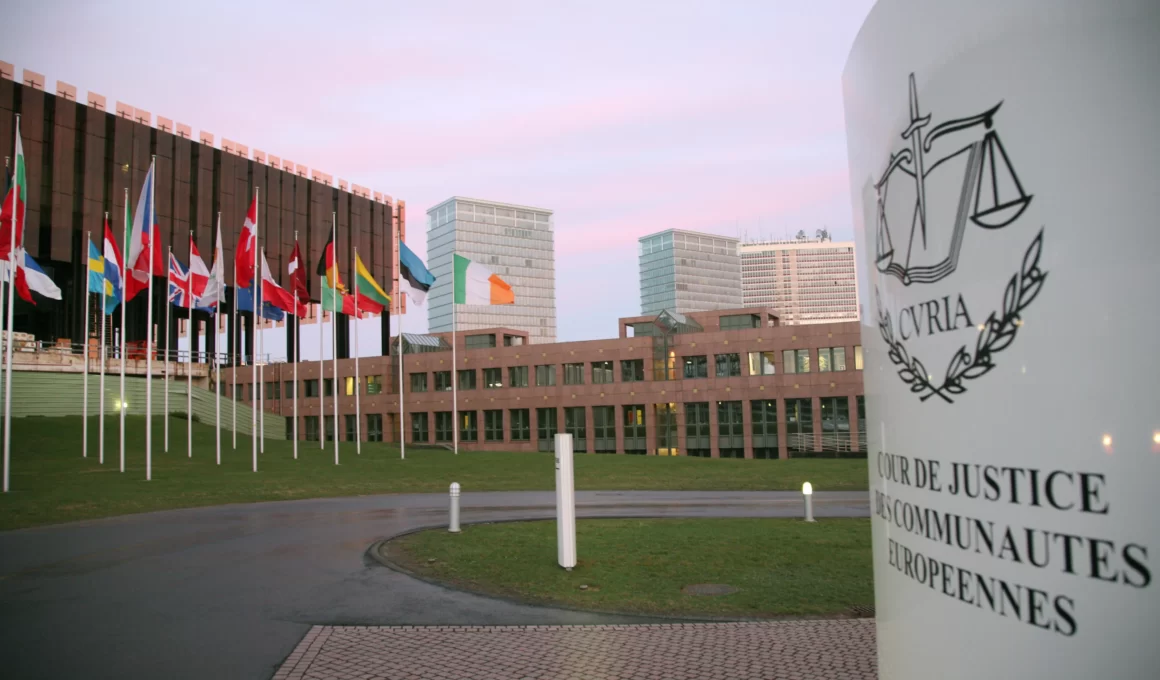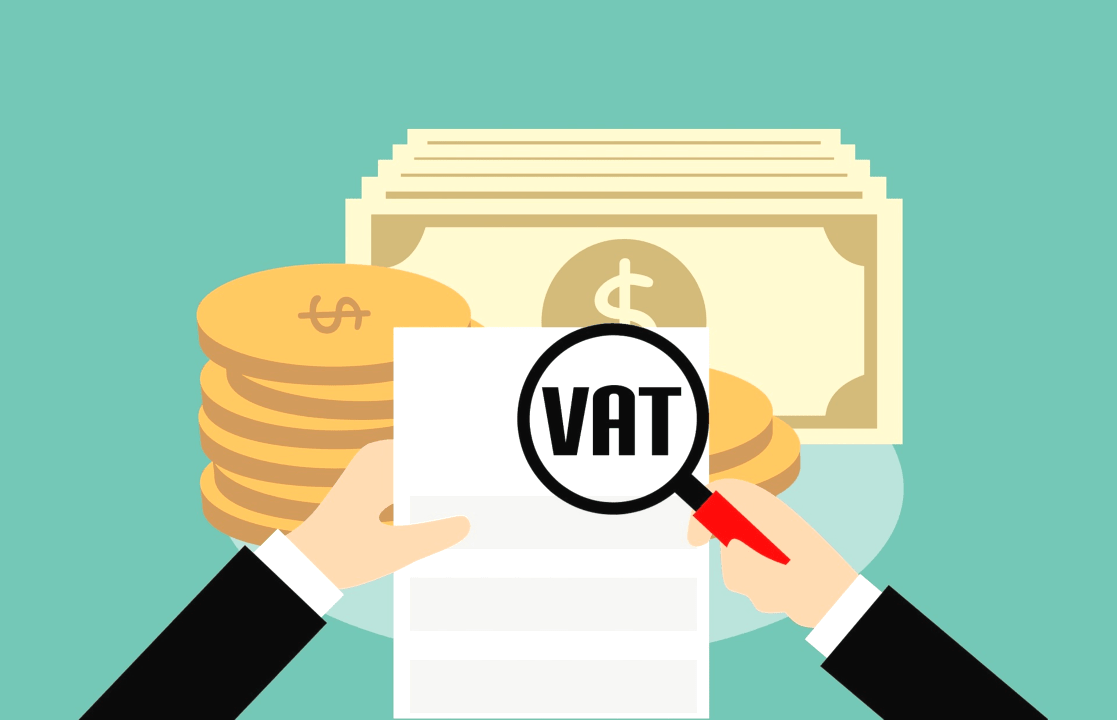On December 5, 2023, the Court of Justice of the European Union (CJEU) issued a judgment in the joined cases C-451/21 (Luxembourg v Commission) and C-454/21 (Engie Global LNG Holding and Others v Commission) that pertained to a decision made by the European Commission (EC) on June 20, 2018.[1]
This EC decision had addressed Luxembourg’s provision of state aid to the Engie Group in connection with tax rulings concerning intra-group financing transactions. The General Court had previously upheld the EC’s decision.
French utility company Engie has secured a victory in its legal battle against the European Union’s order to pay €120 million in back taxes to Luxembourg.[2] This ruling deals a setback to the European Commission’s efforts to combat preferential tax arrangements between European Union member states and multinational corporations.[3]
The CJEU, in fact, found that the European Commission had made errors in its determination of the reference system used as the starting point for assessing the selectivity of these tax measures. The selectivity analysis is crucial in determining whether these tax measures could be classified as prohibited State aid.
Background of the ruling
In June 2018, the European Commission etermined that Luxembourg had granted unlawful State aid to a taxpayer through two tax rulings related to intra-group financing transactions. According to the EC, this tax treatment allowed the taxpayer to avoid taxation on a significant portion of its subsidiaries’ profits in Luxembourg, which was deemed incompatible with the internal market regulations.
Both Luxembourg and the taxpayer filed appeals with the General Court of the European Union, but the General Court upheld the EC’s findings and dismissed the appeals. Subsequently, Luxembourg and the taxpayer took their case to the Court of Justice of the European Union.
In May 2023, the Advocate General of the CJEU issued an opinion recommending that the CJEU support the appeals and overturn the General Court’s judgment, arguing that the EC had made errors in concluding that Luxembourg had provided unlawful State aid to the taxpayer.
The CJEU, consistent with the Advocate General’s opinion, has now ruled that the EC indeed erred in finding that Luxembourg had granted unlawful State aid to the taxpayer.
Key elements of the ruling
The CJEU emphasized that, in order to determine whether a national measure constitutes State aid, the EC must demonstrate that the measure confers a selective advantage on the beneficiary.[4] To classify a tax measure as “selective,” the EC must first identify the reference system, which is the “normal” tax system applicable in the concerned state. Then, the EC must show that the measure in question deviates from this reference system by treating undertakings in comparable situations differently.
Additionally, the CJEU clarified that the European Commission was not required to take into account the administrative practice of the Luxembourg tax authorities regarding a national provision on abuse of law. This was because the Luxembourg tax authorities had deviated from their established practice when dealing with transactions similar to the one in question.
In this case, the Luxembourg law provisions did not explicitly link the exemption of income from participations at the parent company level to the taxation of distributed profits at the subsidiary level. This interpretation of the provisions was put forth by Luxembourg. However, the EC departed from this interpretation, arguing that it contradicted the general objective of taxing all resident companies. Nonetheless, the EC is generally obligated to accept the interpretation of national law provided by the member state, as long as it aligns with the wording of those provisions. Therefore, the CJEU concluded that finding unlawful State aid was not justified, particularly since the Luxembourg tax authorities did not deviate from their established practice concerning similar transactions.
Sources
- https://curia.europa.eu/juris/document/document.jsf?text=&docid=280323&pageIndex=0&doclang=EN&mode=req&dir=&occ=first&part=1&cid=666196 ↑
- https://www.reuters.com/business/energy/engie-wins-court-fight-against-130-mln-eu-tax-order-2023-12-05/ ↑
- https://www.reuters.com/markets/europe/belgian-tax-scheme-is-illegal-aid-scheme-eu-court-says-2023-09-20/ ↑
- https://curia.europa.eu/jcms/upload/docs/application/pdf/2023-12/cp230183en.pdf ↑





